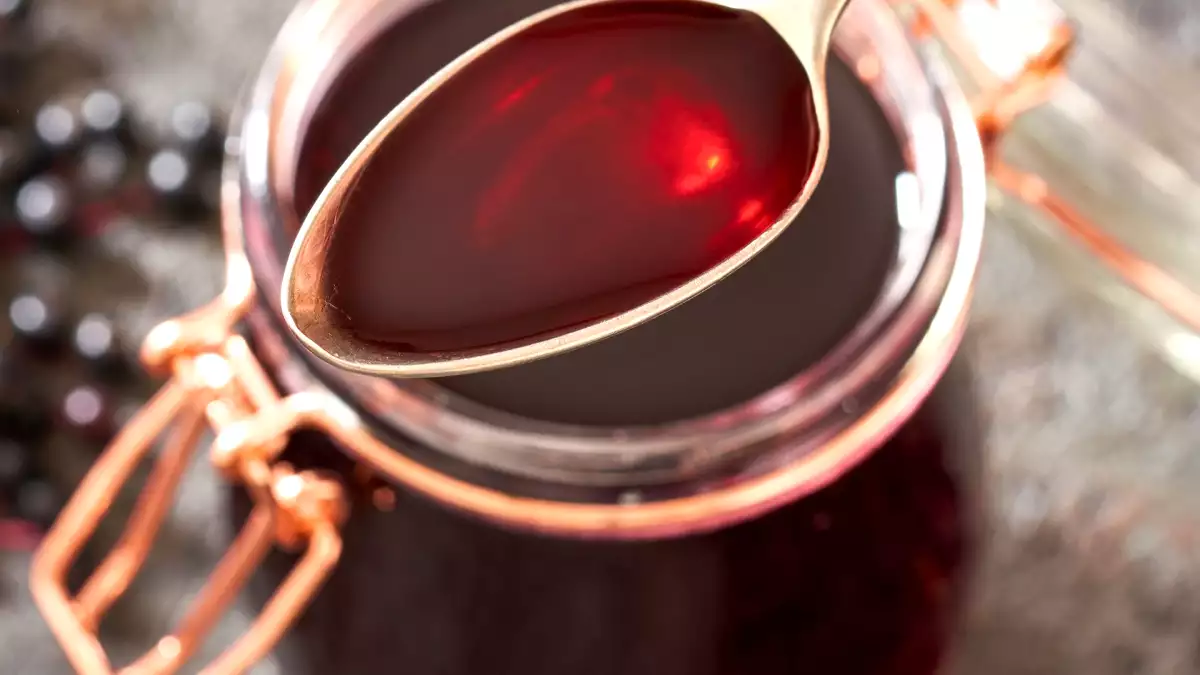The rise of raw syrup: a new gourmet trend

Raw syrup, also known as koso (Japan) or cheong (Korea), is fast becoming a popular food trend on social networks. These cold-fermented syrups are made without cooking, from fruit, sugar and sometimes plants or roots, preserving the richness of the original nutrients.
What's all the buzz about raw syrups?
- Preservation of nutrients and enzymes
Unlike heated industrial syrups, raw syrups retain vitamins, enzymes and prebiotics, essential for healthy digestion and a balanced microbiota.
- Natural probiotics
Gentle fermentation generates beneficial probiotics, promoting healthy intestinal flora and a strengthened immune system.
- More subtle, complex taste
Raw syrup offers a less sweet, more nuanced flavor than traditional syrups - a healthier, more refined treat.
What you need to know to get started at home
- Choose organic fruit to avoid pesticides, and weigh it to obtain a ratio of 1 part fruit: 1 or 1.1 parts sugar, depending on the water content.
- In a clean glass jar, alternate layers of fruit and sugar (like a lasagne), ending with a layer of sugar to prevent oxidation and mildew.
- Cover with a cloth rather than an airtight lid: the process needs to breathe; stir 1 or 2 times a day at the start of fermentation to help dissolve the sugar and impregnate the fruit.
- Depending on the season, fermentation takes 3 to 10 days (or more): in summer it's rapid (≈ 7 days), in winter it can last up to two weeks.
- When the sugar has dissolved, the fruit floats and bubbles appear, filter, bottle the syrup and store in the fridge for several weeks or even months.
How do you use it every day?
Raw syrups can be used in a variety of ways:
- Diluted with sparkling water for a refreshing drink.
- In original cocktails or mocktails.
- On sorbets, pancakes or smoothies.
- As a base for marinades or sweet and sour sauces.
You can also recycle the fruit used during filtration: perfect for "zero waste" cakes, compotes or ice creams.
In a nutshell
Kōso, or fermented raw syrup, is a great alternative to conventional syrups: it's easy to prepare, keeps the nutritional benefits intact, develops very fine floral or fruity aromas, and lends itself to many uses (flavored water, cocktails, yogurt, pancakes...). Ideal for hydrating in summer with a healthy, tasty homemade version!
 Adèle Peyches
Adèle Peyches
Comments